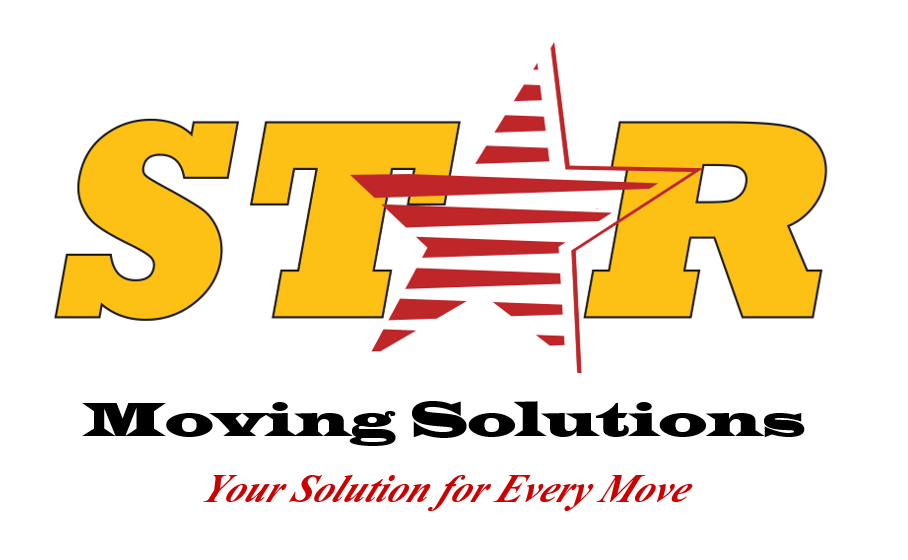What Is Logistics?
The process of planning and carrying out actions that will result in the effective transportation and storage of commodities from their place of origin to their point of consumption is referred to as logistics. The purpose of logistics is to fulfill the needs of customers in a timely and cost-efficient way.
Manufacturers, merchants, and other businesses with a high volume of shipments require the services of logistics companies. While some businesses have every piece of infrastructure imaginable—from jets to trucks to warehouses to computer programs—others have just one or two. Logistics companies like FedEx, UPS, and DHL are household names.
Logistics vs. Supply Chain Management
Supply chain management and logistics are two different but related concepts that are frequently used interchangeably.
Within a single business, logistics include the acquisition and distribution of raw materials, the packing, shipping, and transportation of products to distributors, among other activities. Supply chain management, on the other hand, encompasses the broader network of external entities (such as suppliers, transport companies, customer service centers, warehousing companies, and others) that collaborate to bring items to consumers.
Logistics Components
The following are examples of business operations that may be involved in logistics management:
- Inbound transportation
- Outbound transportation
- Fleet management
- Warehousing
- Materials handling
- Order fulfillment
- Inventory management
- Demand planning
Understanding Logistics in Management and Business
Logistics management‘s overarching objective is to meet the needs of both internal and external customers by ensuring that sufficient quantities of the relevant inputs are available at the right time and delivered in good condition.
Since the 1960s, the idea of logistics in business has undergone radical change. Supply chain logisticians are in high demand due to the growing complexity of providing businesses with the goods and services they want and the globalization of supply networks.
In the present era, logistics management software and specialist logistics-focused organizations have emerged to facilitate the flow of resources through the supply chain as a result of the proliferation of information technology and the increasing complexity of logistical procedures. For online retailers like Amazon their rise to dominance may be attributed in part to the ingenuity and efficiency with which they handle logistics at every stage of the supply chain.
Logistics, in the natural gas business, for instance, include overseeing the pipelines, vehicles, storage facilities, and distribution centers that deal with oil all along the supply chain. If you want to save expenses and maintain or boost efficiency, you need a supply chain and logistics methods that work. Poor logistics results in late delivery, inability to fulfill customer demands, and, eventually, a loss of business.

Functions of Logistics
Logistics mainly involves two activities: transport and warehousing.
The field of transportation management coordinates the use of vehicles to transport commodities from storage facilities to stores and finally to consumers. Multiple modes of transportation, such as water, air, and land, are used.
As could be expected, transportation management is a complicated procedure that entails a wide range of tasks, such as route and load optimization, order administration, freight auditing, and payment. Yard management, the practice of controlling the flow of cars in and out of the yards next to factories, warehouses, and distribution centers, is often included. Since transportation providers may vary greatly in price, availability, and capacity, carrier management is crucial.
Transportation management system (TMS) software is often used by logistics firms in order to better manage transport-related operations. Yard management systems are an example of a specialized application.
Warehouse operations consist of managing stock and fulfilling customer orders. In a fulfillment center, for instance, where orders are received, processed, and delivered, this also entails managing the infrastructure and activities of a warehouse. Warehouse management system (WMS) software is widely used in the business world for managing the storage and distribution of items and keeping tabs on stock. TMS and WMS modules, in addition to more specialized components for inventory management and other logistical operations, are often available from the providers of enterprise resource planning (ERP) software.
Why Logistics Is Important
While on-time delivery of undamaged goods has always been vital across the supply chain, it has grown much more so in recent years. Omnichannel shopping, with same-day home or retail delivery of personalized items bought online, has become increasingly widespread.
The increased demand for swifter, more convenient delivery of a broader range of products has necessitated changes to the logistics procedures used by suppliers, manufacturers, distributors, and retailers. Likewise, they had to better integrate their processes and technologies to boost supply chain visibility.
Let Us Help You With Your Organization’s Logistical Needs
Many small businesses put a lot of effort into tailoring their product or service to the demands of their target market, but if they can’t get it to those people, they’ll go out of business. The logistics department’s primary function is this.
However, logistics affects not just the supply chain but also the rest of the company.
Raw material costs may be reduced and production times shortened by carefully planning the acquisition, shipping, and storage of these materials. Timely material supply and use is dependent on well-coordinated resources, which may make or break a business.
On the other side of the coin, a company’s bottom line and capacity to survive in the long run might be hurt by a drop in customer satisfaction caused by delayed production processes and shipping.














